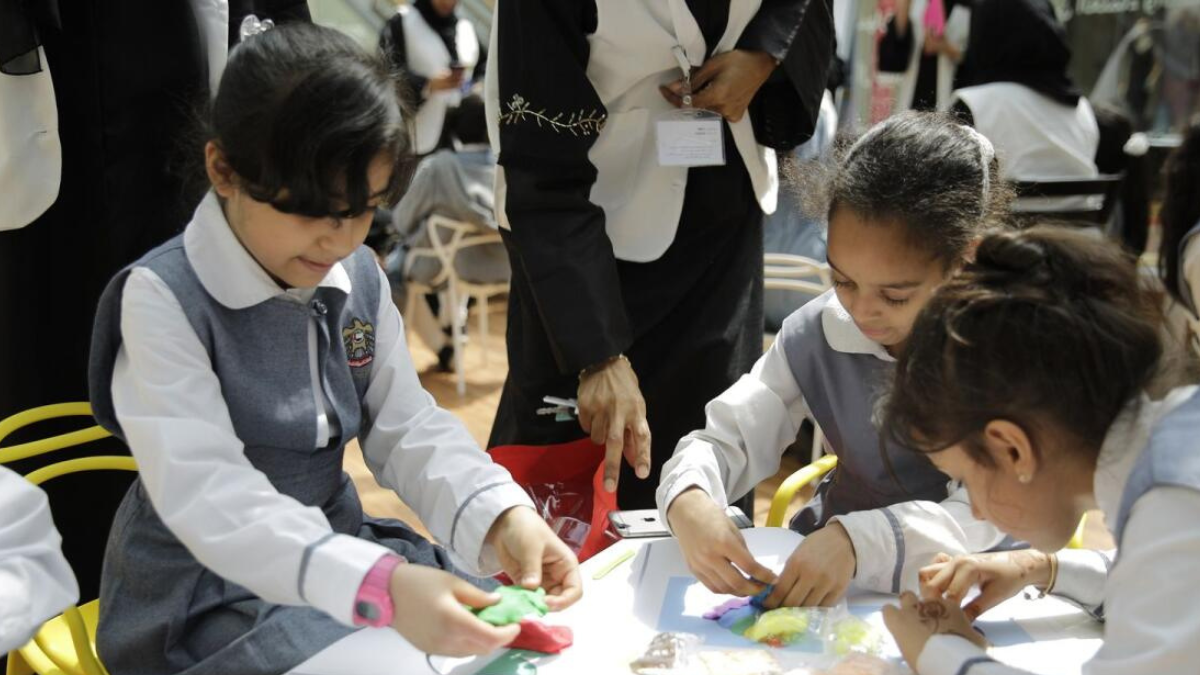Saudi Arabia’s Family Affairs Council secretary-general Maimoonah Al-Khalil will lead the kingdom’s delegation at the Gulf Cooperation Council (GCC) Dialogue on Children Welfare Policies, which is being held in Abu Dhabi.
This dialogue provides an opportunity to interact and share the best practices, lessons learned, and expertise to enhance child protection systems in the Gulf countries, primarily government entities and civil society organizations.
The conference shows that the GCC is becoming more proactive to meet their children’s protection and needs. Governments have established comprehensive frameworks for child protection at a national level. Child protection, as per a report, requires proper reporting and intervention procedures grouped into seven pillars – a solid governance model; unified standards for the definition and identification of maltreatment; mandated but safe reporting; confidentiality in information management; safe recruitment of school staff; the introduction of child protection notions into the curriculum; and the designation of Child Protection Liaison Officers (CPLO) at schools.
Problems
Many countries across the world are facing child maltreatment (physical, emotional, sexual and mental abuse, neglect and exploitation) and the same is seen in some Middle Eastern nations. Maltreated children are vulnerable to social difficulties, suffer from behavioral problems and display high-risk conduct.
According to Safeguarding Children in the GCC: A Framework for the Education Section, all GCC governments strive to guard against on basic moral grounds because it is the right thing to do to protect the most vulnerable members of the society. Government officials are strengthening their protective policies and institutions.
Some countries are implementing a high-level of child protection. This requires refining the legislative framework and involves raising awareness of the problem within communities.
Holistic Legislative Framework
For child protection and welfare, governments need to put in place a comprehensive, holistic legislative framework. Research shows that legislation are typically based on five categories – child welfare laws which define measures to safeguard children and promote their welfare; laws on education institutions; laws on educators; laws that define the mechanisms for effective handling and prevention of different types of child maltreatment; and privacy laws.
Also Read: New Zealand Explores Trade Opportunities In The Gulf Regions
Policies need to be brought in place to enforce the legislation. This is typically developed by the ministry of social affairs, with the ministry of education developing detailed policies for children and education settings.






















